As world leaders convene at the G-20 and other forums in the coming weeks, the fight against corruption should remain high on the multilateral agenda. All G-20 countries should ratify the United Nations Convention Against Corruption, which provides a legal framework for countries to close safe havens for criminals who steal from the developing world.
PARIS – In difficult economic times like these, one principle should be given the same prominence as the headline-grabbing issues of high deficits and austerity packages. That principle can be captured in just a few words: “Everyone must play by the rules.”
The global financial crisis has served to show that there is little tolerance nowadays for people who cheat. And, since the onset of the crisis, the G-20 countries – with France (and the United States) as driving forces – have been pressing for better regulation, governance, and accountability. No safe havens for tax evasion. No safe havens for money laundering and terrorism financing, and no safe havens for “cozy financial regulation.”
These principles are clearly what people in the developed world want to see enforced. In tough times such as these, money matters.
For the developing world, however, there is another dimension to the phrase “play by the rules.” People there want to see an end to the safe havens that allow corrupt officials to steal public money and stash it abroad. So we would add: no safe havens for proceeds from corruption.
On the tax side, there has clearly been progress. France imposed on its banks strong transparency and reporting requirements for banking activities in tax havens, in addition to the international standard for information exchange.
Others have demonstrated leadership in pursuing companies that pay kickbacks and bribes to foreign officials. But recovering the billions of dollars stolen by corrupt leaders and officials in the developing world has so far proved to be a lengthy process.
The World Bank Group, together with the United Nations Office on Drugs and Crime, is working on the Stolen Asset Recovery (StAR) initiative to go after corrupt gains and help spur action to return looted assets to their legitimate owners: the people in the affected developing country.
France, the United Kingdom, Australia, Sweden, Norway, and Switzerland all support this urgent agenda, and agree that impunity for this type of global crime can no longer be tolerated. Abuse of public authority for private gain is not acceptable.
These issues of tax havens, looted funds, bribery, and corruption are at the nexus of the urgent need to foster openness and transparency in financial transactions, and to ensure accountability at the global level. Now is the time to build momentum and deliver lasting results.
Corruption – under any form or circumstance – is a cancer that cripples developed and developing economies alike. It undermines economic growth. It is a crime that produces particularly damaging consequences in the developing world.
By conservative estimates, every year around $20 billion to $40 billion is stolen from developing countries through bribery, misappropriation of funds, and corrupt practices. The lost opportunities are enormous. In the developing world, $20 billion could finance 48,000 kilometers of two-lane paved roads, or provide treatment for 120 million people with HIV/AIDS for a full year.
Success is possible. Switzerland repatriated $684 million of former President Ferdinand Marcos’ money to the Philippines and $700million of General Sani Abacha’s funds to Nigeria, and, with other nations, returned to Peru more than $180 million stolen by former government official Vladimiro Montesinos.
So, as world leaders convene at the G-20 and other forums in the coming weeks to discuss the economic crisis, stimulus plans, financial regulation, and development, the fight against corruption should remain a full part of the multilateral agenda. But not all G-20 countries have yet ratified UNCAC – the United Nations Convention against Corruption – which provides a framework for countries to develop their own laws to stamp out the use of safe havens for criminals stealing from the developing world.
The G-20 has called for more forceful action against corruption. We must now go further. Countries that have not signed the convention should quickly do so. Those countries that have signed and ratified UNCAC now need to implement it.
Financial institutions should also not do business with non-cooperative jurisdictions – areas that don’t comply with the rules. Civil society should agitate for action and accountability. Fighting corruption is vital, not simply because it is the right thing to do, but because failing to do so affects us all.
We now live in a different world where developing countries are a fundamental source of growth, as well as being importers of capital goods and services from developed countries. When corruption hurts partners with that level of clout, it hurts you, too.
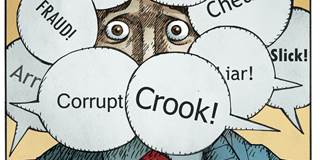


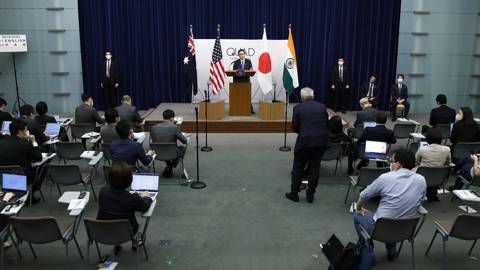
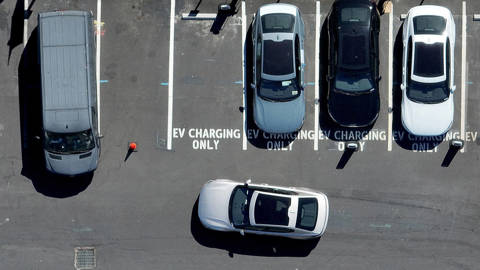
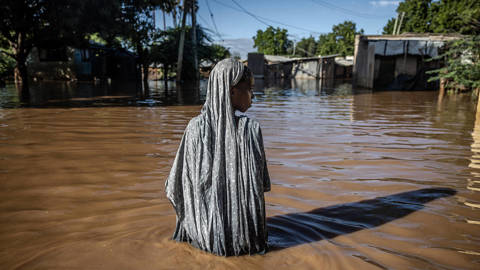
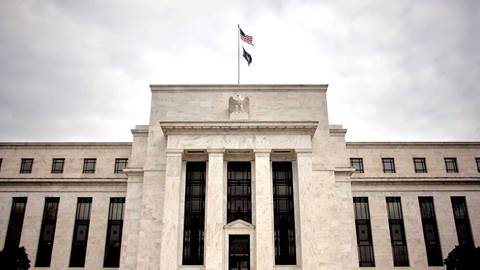
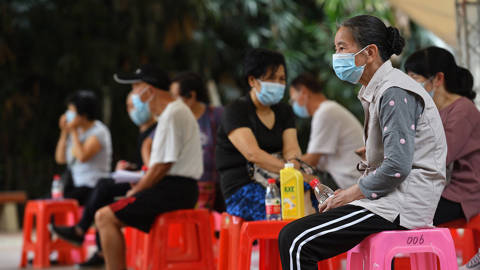
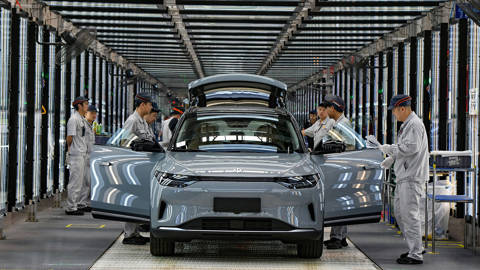
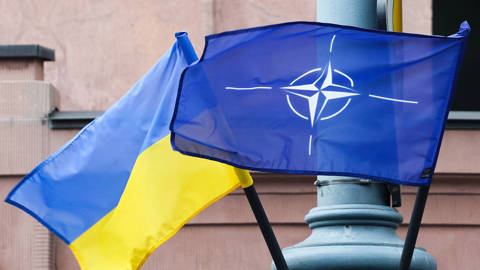

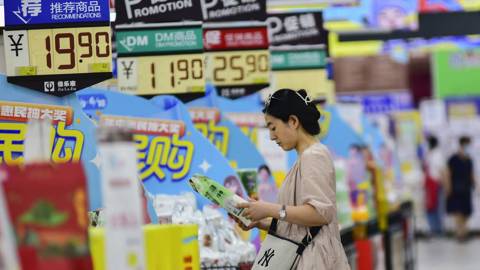
PARIS – In difficult economic times like these, one principle should be given the same prominence as the headline-grabbing issues of high deficits and austerity packages. That principle can be captured in just a few words: “Everyone must play by the rules.”
The global financial crisis has served to show that there is little tolerance nowadays for people who cheat. And, since the onset of the crisis, the G-20 countries – with France (and the United States) as driving forces – have been pressing for better regulation, governance, and accountability. No safe havens for tax evasion. No safe havens for money laundering and terrorism financing, and no safe havens for “cozy financial regulation.”
These principles are clearly what people in the developed world want to see enforced. In tough times such as these, money matters.
For the developing world, however, there is another dimension to the phrase “play by the rules.” People there want to see an end to the safe havens that allow corrupt officials to steal public money and stash it abroad. So we would add: no safe havens for proceeds from corruption.
On the tax side, there has clearly been progress. France imposed on its banks strong transparency and reporting requirements for banking activities in tax havens, in addition to the international standard for information exchange.
Others have demonstrated leadership in pursuing companies that pay kickbacks and bribes to foreign officials. But recovering the billions of dollars stolen by corrupt leaders and officials in the developing world has so far proved to be a lengthy process.
SPRING SALE: Save 40% on all new Digital or Digital Plus subscriptions
Subscribe now to gain greater access to Project Syndicate – including every commentary and our entire On Point suite of subscriber-exclusive content – starting at just $49.99.
Subscribe Now
The World Bank Group, together with the United Nations Office on Drugs and Crime, is working on the Stolen Asset Recovery (StAR) initiative to go after corrupt gains and help spur action to return looted assets to their legitimate owners: the people in the affected developing country.
France, the United Kingdom, Australia, Sweden, Norway, and Switzerland all support this urgent agenda, and agree that impunity for this type of global crime can no longer be tolerated. Abuse of public authority for private gain is not acceptable.
These issues of tax havens, looted funds, bribery, and corruption are at the nexus of the urgent need to foster openness and transparency in financial transactions, and to ensure accountability at the global level. Now is the time to build momentum and deliver lasting results.
Corruption – under any form or circumstance – is a cancer that cripples developed and developing economies alike. It undermines economic growth. It is a crime that produces particularly damaging consequences in the developing world.
By conservative estimates, every year around $20 billion to $40 billion is stolen from developing countries through bribery, misappropriation of funds, and corrupt practices. The lost opportunities are enormous. In the developing world, $20 billion could finance 48,000 kilometers of two-lane paved roads, or provide treatment for 120 million people with HIV/AIDS for a full year.
Success is possible. Switzerland repatriated $684 million of former President Ferdinand Marcos’ money to the Philippines and $700million of General Sani Abacha’s funds to Nigeria, and, with other nations, returned to Peru more than $180 million stolen by former government official Vladimiro Montesinos.
So, as world leaders convene at the G-20 and other forums in the coming weeks to discuss the economic crisis, stimulus plans, financial regulation, and development, the fight against corruption should remain a full part of the multilateral agenda. But not all G-20 countries have yet ratified UNCAC – the United Nations Convention against Corruption – which provides a framework for countries to develop their own laws to stamp out the use of safe havens for criminals stealing from the developing world.
The G-20 has called for more forceful action against corruption. We must now go further. Countries that have not signed the convention should quickly do so. Those countries that have signed and ratified UNCAC now need to implement it.
Financial institutions should also not do business with non-cooperative jurisdictions – areas that don’t comply with the rules. Civil society should agitate for action and accountability. Fighting corruption is vital, not simply because it is the right thing to do, but because failing to do so affects us all.
We now live in a different world where developing countries are a fundamental source of growth, as well as being importers of capital goods and services from developed countries. When corruption hurts partners with that level of clout, it hurts you, too.